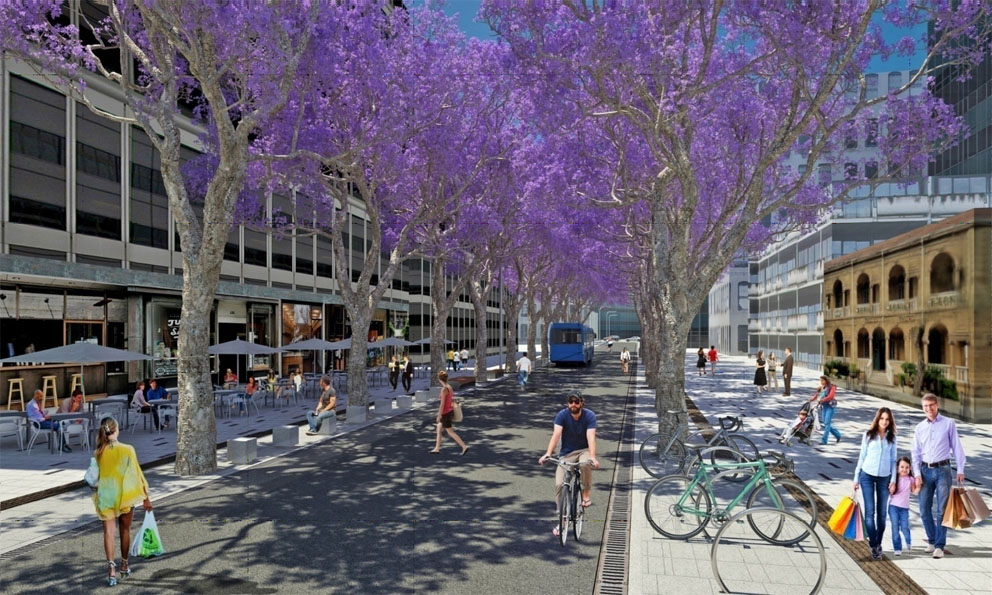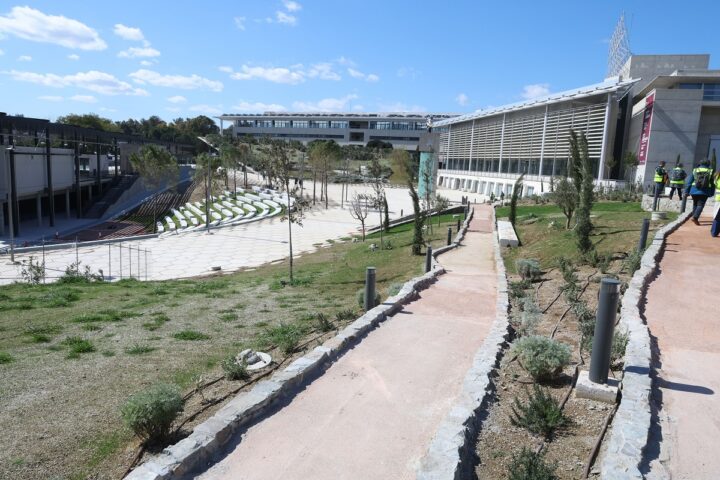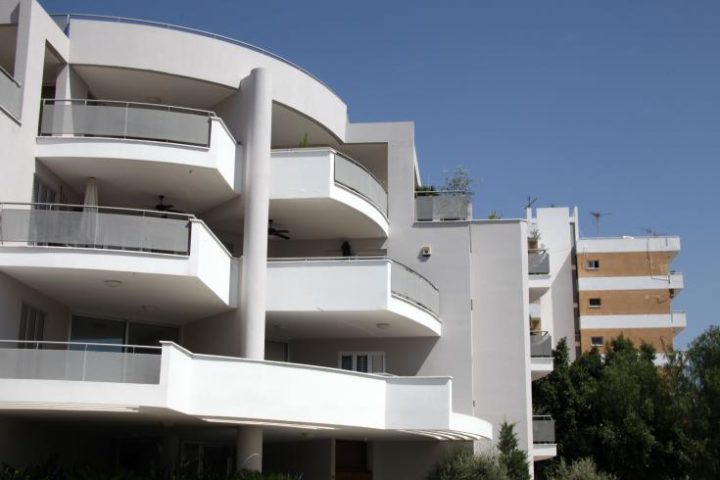Cars will be banned from the capital’s once-bustling Makarios III Avenue, as the initial traffic plan for the heart of the capital goes into effect this month, paving the way for a greener city centre.
As of October 20, Makarios Avenue will only be accessible to buses, supply vehicles and emergency services, as well as local shopkeepers and residents.
The development comes as road works in the surrounding roads are completed, allowing local authorities to revert to their initial plans following Makariou’s renovation and facelift last December.
The avenue was designed to be accessible only on foot, bicycle or by bus, however, plans to keep Nicosia’s central avenue ‘green’ were temporarily overturned, as most of the city counsellors – 17 of 27 – voted to allow private vehicles back onto the road.
The municipality could only postpone the implementation of the initial plan on the pretext that other major arteries in the area were cut off due to works.
At the time, the Scientific Technical Chamber of Cyprus (ETEK) and the transport ministry had reacted to the municipality’s decision, with the authority seeking a temporary opening for cars only in one direction of the road.
Initial deviation
ETEK, which advises the government, stated in November 2021 that the initial regulation deviated from the provisions of the Nicosia Integrated Mobility Plan (IMP), as well as the principles of sustainable mobility and the modern design of road networks in urban centres.
The technical chamber issued a statement welcoming the implementation of the initial traffic plan on Makarios III Avenue in Nicosia and urging the Transport Ministry to expedite the procedures for the promotion and adoption of legislation allowing the operation of the automatic access control system on this road.
ETEK President Constantinos Constanti welcomed the Nicosia Municipality’s decision, which will significantly help bus routes and thus the operation of public transportation within the city centre.
“It is a significant step to emulate other European countries that are reducing the use of the private car through the promotion of active transportation, by redeveloping urban city centres,” said Constanti.
He noted that ETEK hopes that Nicosia’s move will serve as a model for other towns and will create greener city centres, free of exhaust fumes and other pollutants emitted by cars.
Meanwhile, the development has dissatisfied the avenue’s shopkeepers, who believe that the ban on vehicles will reduce traffic on their road, resulting in fewer customers, and harming the commercial viability of the entire area.
Makarios Avenue shopkeepers have been campaigning for almost a year now to keep cars on the avenue, with no luck.









